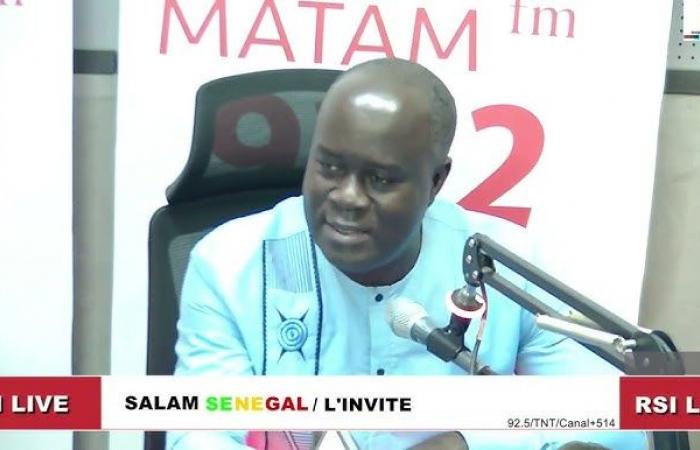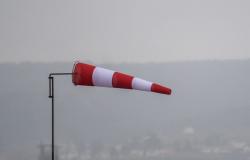
Paul Dominique Correa, president of the Présence Chrétienne association, during his appearance this Wednesday on the morning show Salam Sénégal on Radio Sénégal, severely criticized the state of Senegalese democracy during this electoral campaign period. The opinion leader expressed his deep concern about the political violence, which he considers symptomatic of a “notorious democratic setback”.
Paul Dominique Correa stressed that the violence observed during the current electoral campaign illustrates Senegal’s lack of democratic progress. “If it were an examination, we could say that Senegal has made a democratic regression,” he said, deploring the repetition of this phenomenon in each election.
According to him, these acts of violence reveal a deep crisis within the political system, which the country has been dragging for several regimes. “During all the regimes that Senegal has known, these are the same practices, actions and gestures,” he added, insisting on the persistence of these democratic dysfunctions.
Mr. Correa pointed to an entrenched mentality of violence and conflict in the political sphere. For him, part of the Senegalese political class still perceives politics as a “tug of war”, where violence and tensions are inevitable. This situation, according to him, prevents any real democratic progress, leaving room for practices that harm the image of Senegal as an example of democracy in Africa.
To support his remarks, Correa recalled the promises from the 2013 National Conference, where important commitments were made, in particular to strengthen good governance and fight against corruption.
“The recommendations and commitments of these meetings, signed practically by all political parties, are slow to be implemented,” he regretted.
This delay in implementing reforms would, according to him, be proof that there has been no real rupture in Senegal.
In addition to his criticism of political practices, Paul Dominique Correa noted a lack of understanding of institutional roles among many candidates in the legislative elections. He deplored the fact that certain candidates “cannot differentiate the prerogatives of a deputy from one who exercises executive power”. This confusion of roles could, according to him, contribute to increasing tensions and misunderstandings in the public space.
To ease tensions and prevent electoral violence, Correa called on the National Audiovisual Regulatory Council (CNRA) to organize more public debates between candidates. He considers that these media exchanges could promote a more peaceful climate and encourage peaceful democratic competition.
“Even before the start of the campaign, Présence Chrétienne had organized awareness-raising actions, addressing political parties, civil society, and security authorities such as the police and the gendarmerie, to prevent any violence,” underlines Mr. Correa.
Paul Dominique Correa also spoke of the need to control verbal jousting and promote a respectful campaign. “The verbal jousting already announced the violence,” he regretted.
Paul Dominique Correa calls for urgent awareness within the Senegalese political class and civil society.
“While Senegal is considered a flagship democracy in West Africa, the electoral violence and the non-compliance with commitments made during the 2013 National Conference are alarming signs for the future of the country’s governance. As the legislative elections approach, I urge political actors to prioritize dialogue, appeasement, and to respect the democratic values that underpin the Senegalese nation,” recommends Mr. Correa.





